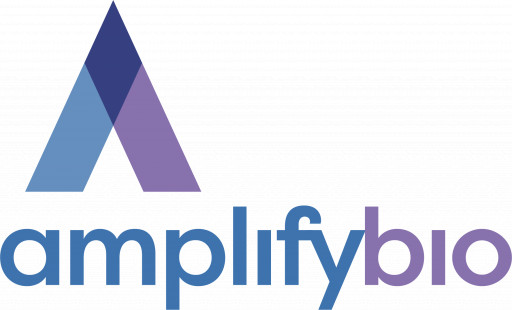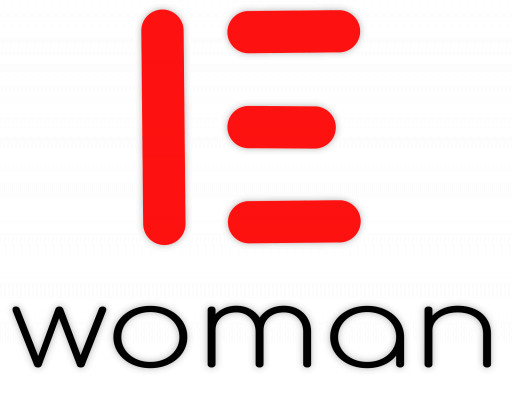Health - Trend Magazine originally published at Health - Trend Magazine
Jackleen Samuel
MidCoast becomes the first participants in Resilient’s Rural Health Initiative.
— Frances Lerma MSN RN, Chief Nursing Officer at El Campo Memorial Hospital
PLANO, TEXAS, UNITED STATES, May 5, 2022 /EINPresswire.com/ — MidCoast Health System (MHS) has partnered with Resilient Healthcare, a Plano-based healthcare organization serving more than a dozen hospitals in the Dallas-Fort Worth area and thousands of patients, becoming the first participants in Resilient’s Rural Health Initiative (RHI). The Initiative will bring Resilient’s state-of-the-art at-home acute care and virtual care to three of MHS’ hospitals and each of their surrounding communities.
The hospitals are:
• El Campo Memorial Hospital
• Llano Memorial Hospital (Fredericksburg, TX area)
• Palacios Community Medical Center
The development was featured earlier today in McKnight’s Long-Term Care News.
Central to the partnership was the fact that Resilient took a leadership role with Medicare to obtain its approval to reimburse MHS for tech enabled care administered with Resilient in the patient’s home.
“This is a monumental occasion for Resilient, our partner hospitals, and the residents in Texas and beyond who will be the recipient of these services,” said Resilient Founder and CEO Jackleen Samuel.
“We are extremely honored to be selected by MHS to deliver At-Home Acute Care to our fellow residents in Texas, who otherwise might not seek treatment in a timely manner because of the significant distance they have to travel to hospitals to receive that care,” said Samuel. “Proper, consistent medical treatment saves lives. This is especially true in a rural setting when getting to the hospital or specialist can be problematic. So, we brought exceptional clinicians right to the patient’s home, Both in person and virtually.”
Hospitals, like the three highlighted above, will also benefit from the business model, since they’ll be able to offer more effective treatment plans for their patients, ease staffing pressures, and utilize their hospital beds they have on hand in a more efficient manner.
Samuel said she was attracted to MHS because of the recognition its current CEO has received as one of the most innovative rural hospital systems in the country.
“Yet, like other hospital systems during the pandemic, its hospitals were having trouble placing their patients and having capacity issues,” Samuel said. “Their team saw our Resilient as a solution to some of those problems.”
The team at MHS has been pleased with Resilient as well.
“We are excited about this project, not only for our patients who now will be able to receive professional, hospital-quality care in the comfort of their home, but also for our hospital,” said Frances Lerma MSN RN, Chief Nursing Officer at El Campo Memorial Hospital. “This will allow us to operate our hospital in a more efficient manner, while providing our community with choices about where and how they wish to receive their medical care.”
What separates Resilient from other providers is the extensive experience it has gained over the last two years in delivering hospital-level medical care in the Metroplex and its emphasis on cutting edge technology.
McKinsey & Company recently issues a report that suggests that companies like Resilient, which leverage technology and face to face care to deliver hospital care to patients’ homes, are ideally positioned for future trends in the healthcare industry.
McKinsey’s report, entitled “From facility to home: How healthcare could shift by 2025,” projects that “up to $265 billion worth of care services for Medicare fee-for-service and Medicare Advantage beneficiaries could shift to the home by 2025,” or 25 percent of the total value for such services.
Resilient “anticipated this trend,” according to its Founder and CEO, Jackleen Samuel
“These findings are no surprise to us,” Samuel said. “We anticipated this trend, which in turn fueled our partnerships with companies like United Healthcare, HCA, and others.”
The report details how the pandemic catalyzed “Care at Home,” how patients can benefit from the model, what factors could affect adoption, and how payers and other stakeholders could accelerate potential growth.
“One of the things that resonated with me most about the report was its conclusion that everyone wins with this developing Care at Home trend,” Samuel said. “As McKinsey noted, Care at Home ‘could create value for payers, healthcare facilities and physician groups, Care at Home providers, technology companies, and investors. Most importantly it improves patients’ quality of care and experience.’”
She added that the report’s assertion that the opportunity to expand Care at Home services is with Medicare FFS and MA beneficiaries has served as an impetus “for our growth with multiple hospital partners across Texas.”
Further, “McKinsey pointed to the establishment of ‘partnerships with other providers or technology companies that can provide Care at Home or enabling services (for example, remote monitoring, care management, social supports, or assistance with daily living),’ a factor that we believe will continue to intensify in the near future.”
About Resilient Healthcare
Resilient Healthcare has become the leader in the at-home acute care space. Its LTAC@H Program is the first of its kind, in which seriously ill patients have access to an array of hospital-grade healthcare services from the comfort of their homes, both virtually and in-person. Resilient Healthcare began as a vision for a better healthcare delivery system in 2018. Its technology was launched in 2020 with the overarching goal of developing software to convert homes into clinical spaces, coordinate care efficiently, and optimize health risk stratification.
Program is the first of its kind, in which seriously ill patients have access to an array of hospital-grade healthcare services from the comfort of their homes, both virtually and in-person. Resilient Healthcare began as a vision for a better healthcare delivery system in 2018. Its technology was launched in 2020 with the overarching goal of developing software to convert homes into clinical spaces, coordinate care efficiently, and optimize health risk stratification.
Holt Hackney
Hackney Communications
+1 512-632-0854
email us here
Visit us on social media:
Facebook
LinkedIn
![]()
Health - Trend Magazine originally published at Health - Trend Magazine






